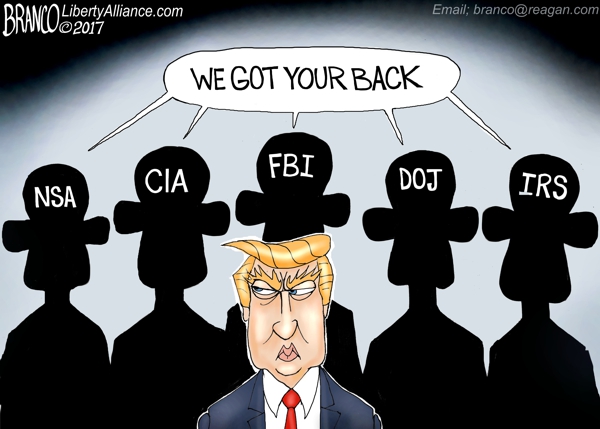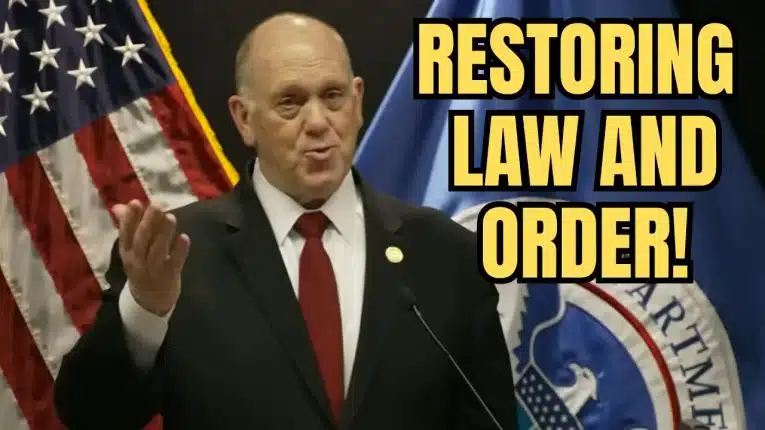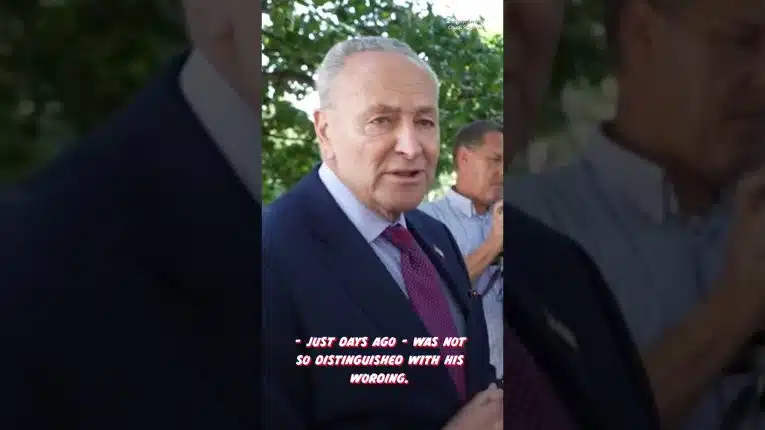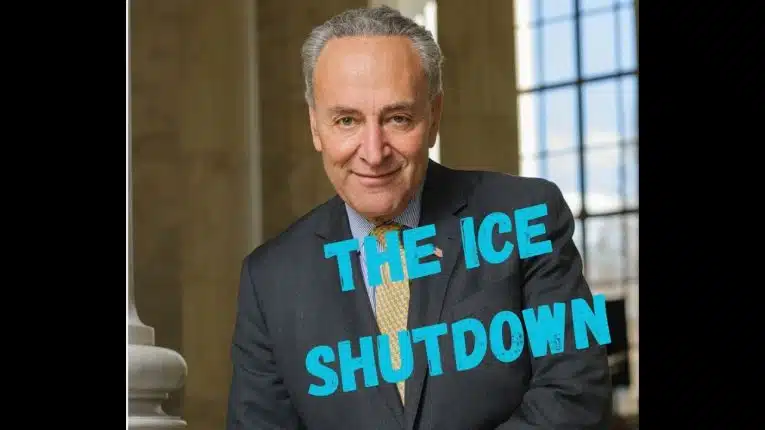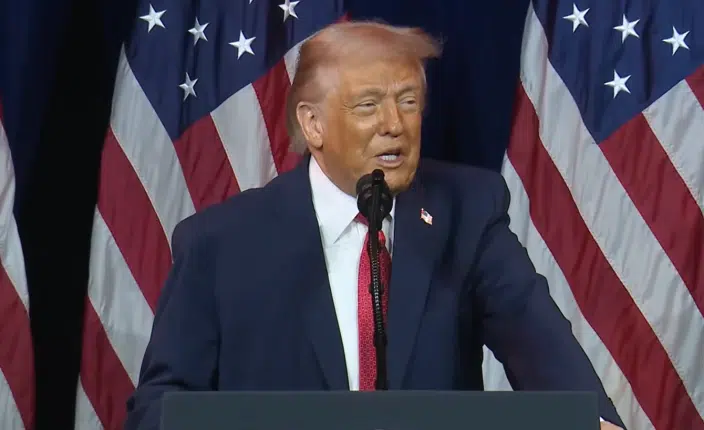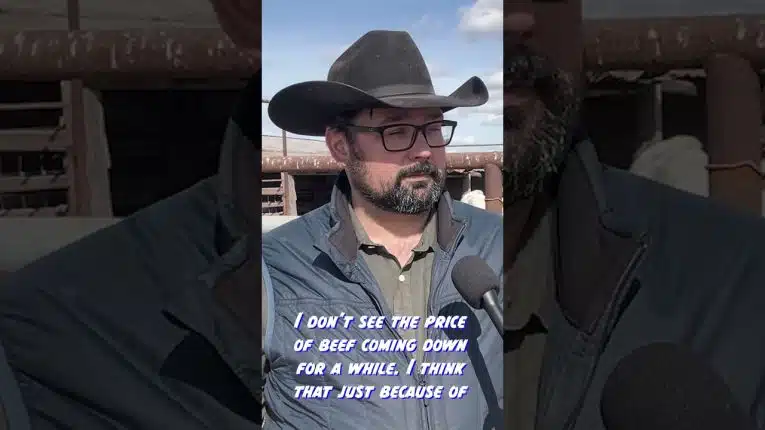In 2015, shortly before the presidential election cycle was about to enter into full swing, I wrote a piece, “A warning from the author of The Prince,” anticipating challenges that the next President and Congress would face, primarily from the administrative state — the unelected part of the executive branch that does not seem to answer to anyone.
It drew from a warning from Niccolo Machiavelli, commenting in his Discourses on Livy, which he wrote in addition to his more famous classic, The Prince, on what might have happened if the first Brutus had not slayed the last Roman king and established a republic — and how it would have been impossible to ever reform Rome.
Machiavelli wrote at the time in 1517, “When one considers how much corruption there was in those kings, if two or three successive reigns had continued the same way, and that corruption which was in them had spread to members of the body politic, it would no longer have been possible to reform [Rome].”
Unlike in The Prince, in Discourses, readers will find Machiavelli’s clear preference for republican government, and the conditions for maintaining freedom: virtue, or a love of liberty.
Lacking this virtue, then, a people become ambivalent to the politics of their society, and of those in power, who have access and are the true participants of politics. Out of fear or ambivalence, the people’s role is cast to the side. They are on the outside looking in, and the people themselves become corrupted — in the sense that they are unable and unwilling to participate any longer in the civil society — and freedom is lost. The people will focus more on their private lives, having become disconnected from the process, and leave politics to the powerful.
At the time, in 2015, a great deal of my focus was on Congress, and how with the administrative state agencies who have assumed many of the lawmaking powers via regulatory rulemakings, that our elected representatives have largely delegated in the modern era via the Administrative Procedures Act. Other obstacles to reform include the Hatch Act, that insulate and makes it next to impossible to fire federal bureaucrats.
Examples include the Environmental Protection Agency’s 2009 carbon endangerment finding, defining carbon dioxide as a harmful pollutant under the terms of the Clean Air Act, even though the original law never did, seeking to regulate coal out of usage if not existence as a source of electricity.
Or the 2015 Department of Housing and Urban Development regulation Affirmatively Furthering Fair Housing that sought to condition $3 billion of community development block grants given to more than 1,200 counties and cities nationwide on making changes to local zoning ordinances along income and racial guidelines.
Or the outsourcing of the nation’s monetary policy to the Federal Reserve, more than a century ago in 1913 when the Federal Reserve Act was adopted.
Or that Congress has made law such that more than 86 percent of the federal budget gets spent whether Congress votes to appropriate any monies at all, as happens during partial government shutdowns. That includes all so-called mandatory spending — Social Security, Medicare, Medicaid, interest payments — plus a good chunk of the so-called “discretionary” budget that include essential employees, defense spending, etc. that always gets spent no matter what.
While focused on these legislative delegations of authority, I held out hope that a new President working with a new Congress might be able power to the elected branches I but I was mindful that whoever won the election in 2016 might also be on the outside looking in as well.
A part of Machiavelli’s warning said that a single person could implement reform but it might not be long-lasting. Machiavelli wrote, “If a city has begun to decline because of the corruption of its material, and if it ever happens to pull itself up again, this happens because of the ability of a single man living at the time and not because of the ability of the people supporting its good institutions; and as soon as that man is [gone] it returns to its former ways… unless the reformers, before passing on… have managed to bring about her rebirth.”
Meaning, time matters. I wrote at the time that, therefore, “winning an election will not be enough. Whoever the next president is, regardless of political party, he or she has to be dedicated to ensuring that the people’s elected representatives are the ones who make laws and appropriate funds on an annual basis.”
I did not know it at the time, because Donald Trump had not yet descended the escalator at Trump Tower, but Machiavelli’s prescient warning most certainly applied to him and his promises to “drain the swamp” in 2016.
So did Alexander Hamilton’s. In the Federalist No. 70, Hamilton argued against executive by committee, and made the case for why we only have one president at a time for very good reason, writing, “Wherever two or more persons are engaged in any common enterprise or pursuit, there is always danger of difference of opinion. If it be a public trust or office, in which they are clothed with equal dignity and authority, there is peculiar danger of personal emulation and even animosity. From either, and especially from all these causes, the most bitter dissensions are apt to spring.”
Leading to what? Hamilton warned, “Whenever these happen, they lessen the respectability, weaken the authority, and distract the plans and operation of those whom they divide. If they should unfortunately assail the supreme executive magistracy of a country, consisting of a plurality of persons, they might impede or frustrate the most important measures of the government, in the most critical emergencies of the state. And what is still worse, they might split the community into the most violent and irreconcilable factions, adhering differently to the different individuals who composed the magistracy.”
Little did Trump or the nation know at the time in 2015 (although Machiavelli and Hamilton might not have been surprised) that Trump was about to be elected President and that he would have to contend with unprecedented sabotage by the administrative, deep state — via intelligence agencies and the Justice Department — that sought to falsely frame he and his campaign as Russian agents even though it was not true with little to no oversight by the either the elected Congress or President.
The Justice Department sought out top secret Foreign Intelligence Surveillance Act (FISA) court ordered surveillance, which were granted beginning in Oct. 2016, to spy on the Trump campaign, the opposition party, in an election year. So far, as unbelievable as it is, nobody has produced any document showing that the Obama White House was aware of or approved of this spying until after it had started. And even then, Obama was ambivalent to the process that had spawned it.
A Jan. 20, 2017 email that former National Security Advisor Susan Rice sent to herself on the day Trump was inaugurated about a Jan. 5, 2017 meeting in the Oval Office, detailed the White House’s interaction with that assessment, in which Rice wrote, “On January 5, following a briefing by IC leadership on Russian hacking during the 2016 Presidential election, President Obama had a brief follow-on conversation with FBI Director Jim Comey and Deputy Attorney General Sally Yates in the Oval Office. Vice President Biden and I were also present.”
According to Rice, former President Barack Obama wanted to make certain that the investigation, which was about to be carried over to the Trump administration, would be done “by the book.” Per Rice’s email to herself, “President Obama began the conversation by stressing his continued commitment to ensuring that every aspect of this issue is handled by the Intelligence and law enforcement communities ‘by the book’. The President stressed that he is not asking about, initiating or instructing anything from a law enforcement perspective. He reiterated that our law enforcement team needs to proceed as it normally would by the book. From a national security perspective, however, President Obama said he wants to be sure that, as we engage with the incoming team, we are mindful to ascertain if there is any reason that we cannot share information fully as it relates to Russia.”
The email continued, “The President asked [then-FBI Director James] Comey to inform him if anything changes in the next few weeks that should affect how we share classified information with the incoming team. Comey said he would.”
From this email, it sounds like Obama does not find out about the surveillance of Trump until months after it had already started. Else, why the warning about everything need to be done “by the book” and the CYA “not asking about, initiating or instructing anything from a law enforcement perspective”? That makes it sound like Obama might have been out of the loop.
Meaning, the spygate fiasco could in all likelihood be a wholly owned and operated property of the administrative state with almost no oversight from the elected branches. I’ve called it an act of war against the Constitution and the American people.
Note that it was former FBI Director James Comey who would be the one brief then-President-Elect Donald Trump on the Russian interference. The version of the assessment that was given to former Obama and Trump on Jan. 5, 2017 also reportedly included some of the allegations leveled by former British spy Christopher Steele in his infamous dossier, paid for by the Hillary Clinton campaign and the Democratic National Committee, that Trump was a Russian agent.
Comey would then lie to Trump about the extent of the investigation, eventually leading to Comey’s firing in May 2017. Consider that, this was a secret investigation of the sitting President by an unaccountable administrative state led by the Justice Department and intelligence agencies, who was unable to rein it in.
If that did not prove the President is on the outside looking in, then certainly the most recent impeachment coup attempt to remove Trump does, where administrative state officials on the National Security Council, State Department and intelligence agencies have sought to once again falsely accuse President Trump of corruptly leveraging the government of Ukraine this time because he temporarily paused military assistance there while he considered whether they were a reliable national security partner or if they were too corrupt.
These officials believe it is they, and not the elected President, who lead executive branch policy and get to decide where the U.S. intervenes overseas, a complete betrayal of Article II’s vesting of executive power solely in the President. That is the problem President Trump, Attorney General William Barr and Congress frankly face today. Executive and legislative powers are being usurped by unaccountable bureaucrats who answer to no one if they do not answer to the elected branches. The question is what are they going to do about it?
Robert Romano is the Vice President of Public Policy at Americans for Limited Government.


